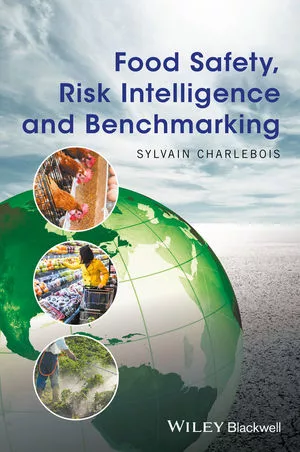EFSA Outlines Working Areas for Food Safety Risk Communication

Credit: VectorMine/iStock / Getty Images Plus via Getty Images
The European Food Safety Authority (EFSA) has published a concept paper that is intended to inform EFSA’s and the EU food safety system’s approach to risk communication. Building on an EFSA scientific report from 2021 that led to recommendations for the design and implementation of a future “EU General Plan for Risk Communication,” the concept paper focuses on areas where additional evidence needs to be generated to inform risk communication in the EU food safety system. This work is part of EFSA’s efforts to meet the EU’s Transparency Regulation and achieve the vision of the EFSA Strategy 2027 by maximizing the agency’s evidence base of social research.
The concept paper outlines the scope and objectives, future working areas requiring development, and opportunities to progress the four research topics that were established by EFSA’s prior work. The research topics are:
- False information related to food safety
- Effectiveness of transparency initiatives on the robustness of science and citizen trust
- Insights into consumer trade-offs related to risks and benefits
- Linking behavior with psychological or socio-cultural factors.
The scope and objectives for each of the four research topics vary, but include work such as understanding driving factors, designing frameworks, identifying challenges, gathering data, and validation testing. The concept paper also identifies opportunities for collaboration with research centers, agencies, EU Member States, and stakeholders to inform and develop food safety risk communication strategy across Europe.
In line with EFSA Strategy 2027 objectives, the work outlined in the concept paper will apply an “audience-first” approach across EFSA’s risk communication activities, which will be coordinated with the European Commission, Member States, and other EU agencies. The work will also will increase knowledge and expertise, as well as deliver methodologies and data, to maintain relevant risk communication in the future. EFSA expects all actors within the EU’s food safety system to benefit from the knowledge generated by the work outlined in the concept paper, as well as from the improvements it will bring to risk communication within the EU.
Looking for quick answers on food safety topics?
Try Ask FSM, our new smart AI search tool.
Ask FSM →









